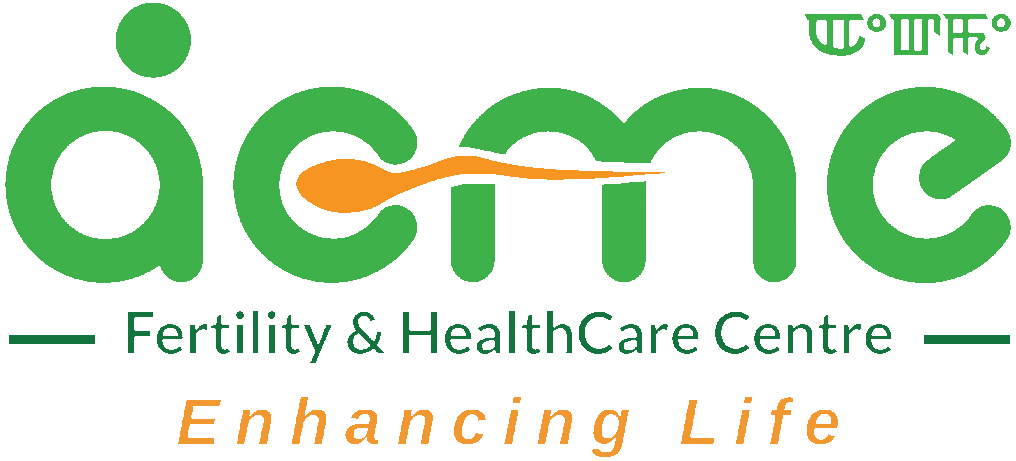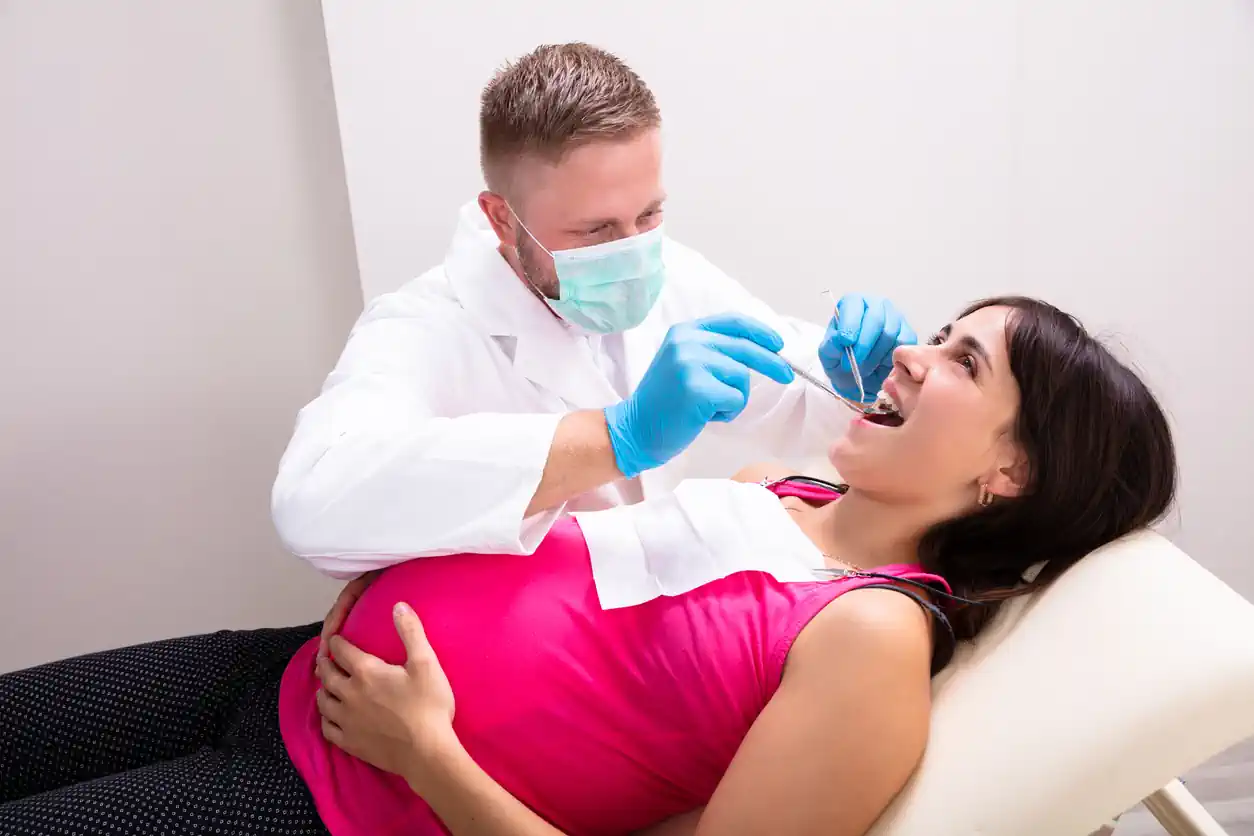Pregnancy brings significant changes in hormones and such could play a considerable part in maternal/child dental health. When you’re pregnant, address any medical issues — toothaches included — as soon as possible. What starts out as a minor nuisance might turn into an oral infection that potentially harms your entire body and ends up threatening your developing child.
Morning sickness causing frequent vomiting can damage the outer layer of protection of the tooth, called enamel.
The acid from vomiting can erode this enamel, making teeth more susceptible to decay and producing more plaque. Individuals who have morning sickness often should refrain from brushing their teeth just after vomiting as this may cause more severe enamel loss.
Many hormonal changes brought on by pregnancy might have an impact on the gums and teeth. These modifications make it easier for plaque to accumulate on teeth and increase a patient’s risk of developing gingivitis, particularly during the first and second trimesters of pregnancy.
Pregnant individuals frequently have gingivitis, an inflammatory illness that causes irritated gums to enlarge, bleed, and blister. Increased blood flow to the gum tissue during pregnancy leads to gingivitis, which frequently results in swollen and irritated gums. Some individuals can develop pregnancy epulis or pyogenic granuloma – a red, round growth that appears on the gum, which can bleed easily.
In cases where gingivitis is not treated, periodontal disease develops. This is a severe form of gum disease that can lead to serious pregnancy issues like early labor and preterm delivery.
Signs and symptoms of dental problems include:
- Bad breath
- Loose teeth
- Mouth sores or lumps on the gums
- New spaces between your teeth
- Receding gums (when your gums pull away from your teeth so you can see roots of your teeth) or pus along your gum line (where your gums meet your teeth)
- Gums that are red, swollen, tender or shiny; gums that bleed easily
- Toothache or other pain
Preventative dental cleanings are safe and recommended during pregnancy because they can help to prevent gingivitis and its complications. If dental work is necessary during pregnancy, the second trimester is usually the best time to schedule it as it is considered the safest period.
Schedule your initial dental examination as soon as you find out you are pregnant. After six months, schedule a second prenatal dental health examination. Regular check-ups throughout pregnancy are important to monitor the health of the teeth and gums.
G. Rohit Kr. Sharma
HR Manager
Acme Fertility & HealthCare Centre

